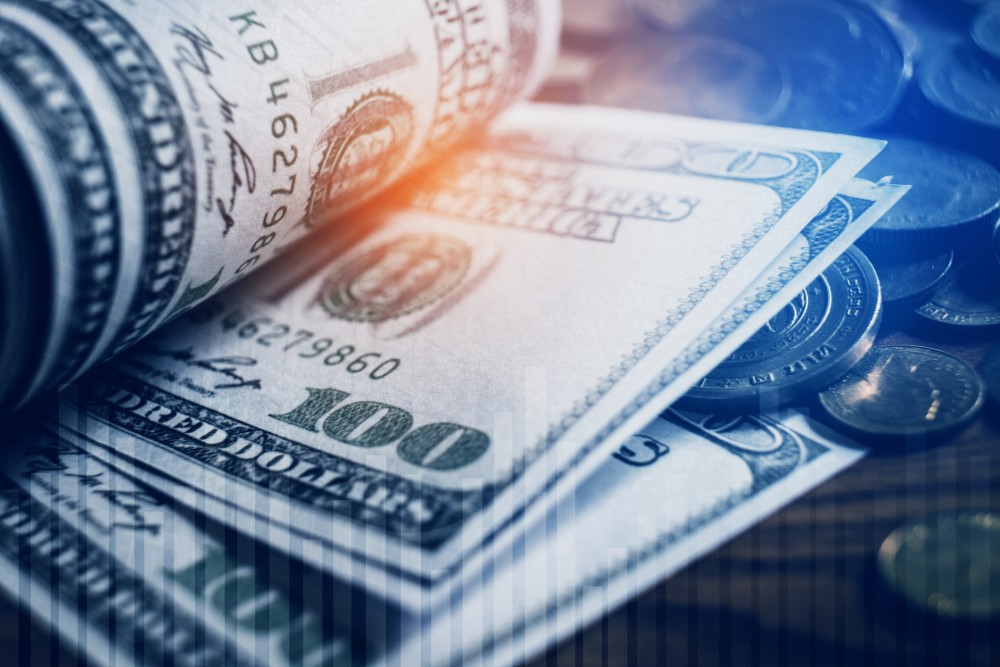Why do extremely wealthy people hate the idea of higher marginal tax rates?
It's not like paying more taxes would change a billionaire’s quality of life.

Howard Schultz, billionaire and former CEO of Starbucks, is mounting an independent campaign for the presidency of the United States. He seems to be running because he’s horrified at the idea of paying a higher marginal tax rate on the portion of his income that is over $10 million. And he isn’t alone in that. At the World Economic Forum in Davos, Switzerland, in January, billionaire Michael Dell was asked about the idea of a 70 percent top bracket and quipped, “Name a country where that’s worked, ever”—only to be corrected when MIT professor Erik Brynjolfsson replied, “The United States!”
According to Paul Krugman, taxing high incomes at extremely high rates—though below 100 percent—makes sense. At a certain point, there is no practical difference between the amount of money that an extremely wealthy person has and an infinite amount of money. Think about it this way: I have enough money that I wouldn’t notice if less than a dollar disappeared. I can afford more than I would want of anything that costs less than a dollar. For a billionaire, the same principle can be applied to items that cost hundreds of thousands, if not millions, of dollars.
On the other hand, the government still wants those people to bother earning that money so that it can claim tax revenue. In theory, a 100 percent tax would discourage people from working for that first dollar above 10 million. But since they would still work for 30 percent of the amount over $10 million the government could tax the dollars over that amount at 70 percent, keep the incentive, and reap the taxes.




